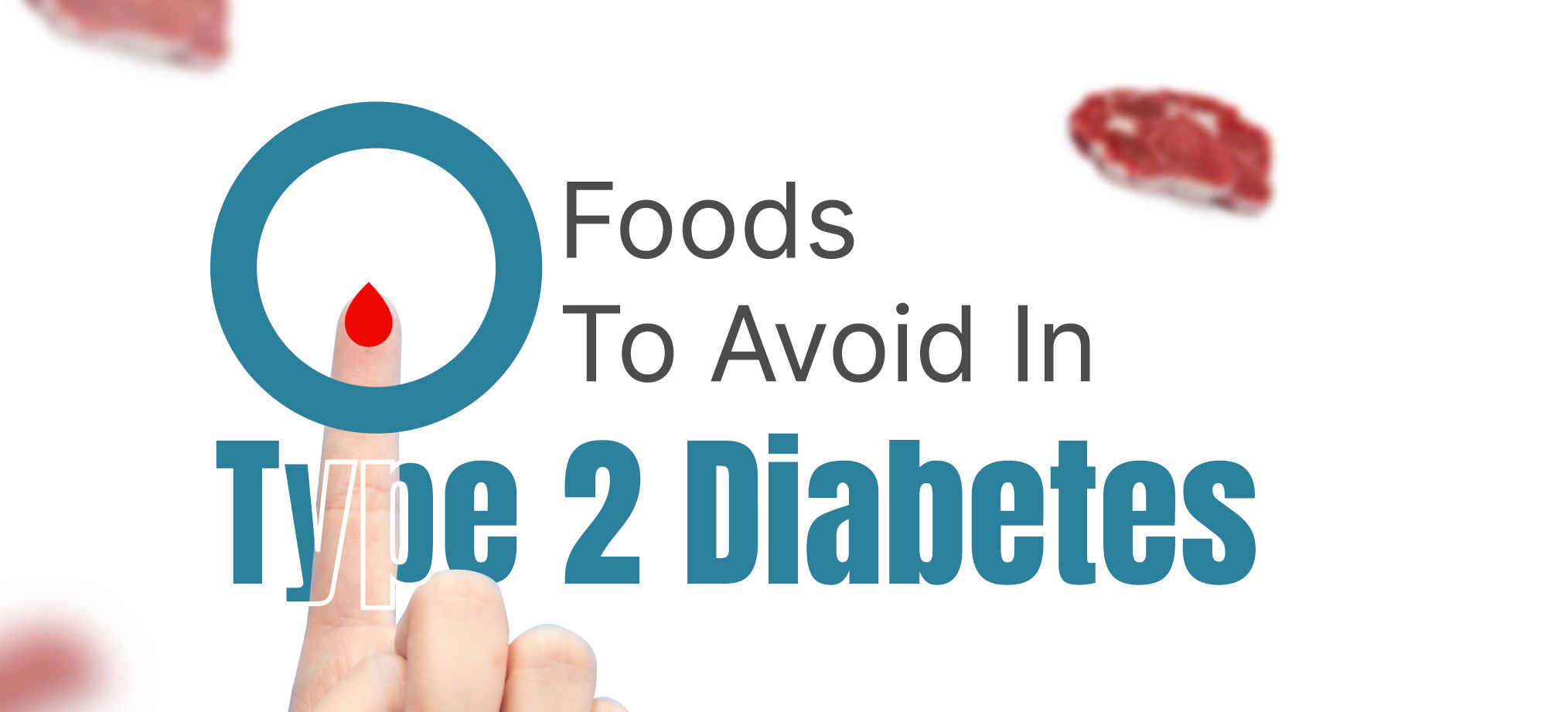Diabetes Management
Can Diabetes Worsen Non-Alcoholic Fatty Liver Disease?
2 min read
By Apollo 24|7, Published on - 11 September 2023, Updated on - 14 September 2023
Share this article
0
0 like

Non-Alcoholic Fatty Liver Disease (NAFLD) is a prevalent liver condition marked by excess fat accumulation, unrelated to alcohol consumption. It's widely known that diabetes, particularly Type 2 diabetes, elevates the risk of NAFLD. In this blog, we'll explore the link between diabetes and NAFLD, and the mechanisms behind this connection.
What is NAFLD?
NAFLD includes various liver problems, ranging from a basic condition of having extra fat in the liver (steatosis) to a more serious one called non-alcoholic steatohepatitis (NASH). While its exact cause isn’t fully understood, several risk factors include
- Obesity
- Metabolic syndrome
- Diabetes
What is the Connection between Diabetes and NAFLD
Diabetes can exacerbate Non-Alcoholic Fatty Liver Disease (NAFLD) by increasing the risk of liver inflammation and other complications.
1. Insulin Resistance: Diabetes and NAFLD are closely linked due to insulin resistance. In Type 2 diabetes, cells become less responsive to insulin, leading to elevated blood sugar levels. Insulin resistance also affects the liver, causing increased glucose production and fat storage.
2. Inflammation: Diabetes is associated with chronic inflammation. Inflammatory processes can exacerbate NAFLD, promoting the progression from simple fatty liver to NASH, a more severe form of the disease. Inflammation worsens liver damage and may lead to cirrhosis and liver cancer.
3. Lipid Metabolism: Both diabetes and NAFLD involve abnormal lipid metabolism. Elevated free fatty acids in diabetes contribute to liver fat accumulation. This excess fat triggers inflammation and oxidative stress, worsening NAFLD.
4. Obesity: Obesity is a major risk factor for both Type 2 diabetes and NAFLD. These conditions often coexist, creating a cycle where each condition exacerbates the other.
Preventing and Managing the Risk
1. Lifestyle Modifications: Diabetics can reduce their NAFLD risk by managing blood sugar levels through diet, exercise, and prescribed medication. Weight loss is particularly effective in improving liver health.
2. Monitoring: Regular monitoring of liver enzymes and function can detect NAFLD early, allowing timely intervention.
3. Medications: Some medications may be prescribed to manage NAFLD in diabetic patients, but lifestyle changes are fundamental to treatment.
Conclusion
The diabetes-NAFLD connection involves complex factors, including insulin resistance, inflammation, and abnormal lipid metabolism. Diabetics should be aware of their heightened NAFLD risk and take proactive steps to manage it. By controlling blood sugar levels, embracing a healthy lifestyle, and working closely with healthcare providers, individuals with diabetes can reduce the risk of NAFLD thereby safeguarding their liver.
Diabetes Management
Consult Top Diabetologists
View AllLeave Comment
Recommended for you

Diabetes Management
The Connection Between Diabetes And Fatigue
There is a strong connection between diabetes and fatigue. Blood sugar fluctuations, side effects of medications, and an unhealthy BMI can result in fatigue in diabetics. Check out effective tips for managing diabetes-related fatigue and find out when to consult a doctor.

Diabetes Management
How Many Steps Should You Walk to Manage Your Diabetes?
Walking is a valuable tool for managing diabetes, improving insulin sensitivity, controlling blood sugar, aiding weight management, and enhancing heart health. While the ideal step count varies among individuals, aiming for 150 minutes of moderate-intensity aerobic activity per week is a common guideline. The popular "10,000 steps" target is beneficial but not mandatory. It's essential to personalise your approach based on factors like age, fitness level, and diabetes type. Consult with a healthcare provider for individualised step goals, start gradually, monitor blood sugar, and prioritise safety to effectively leverage walking as part of your diabetes management plan.

Diabetes Management
These Foods Can Increase Your Risk Of Diabetes
Nitrates and nitrites in processed foods may increase the risk of type 2 diabetes. It is important to avoid foods containing nitrates and have a balanced diet that is low in refined carbohydrates, high in fibre and rich in nutrients.
Subscribe
Sign up for our free Health Library Daily Newsletter
Get doctor-approved health tips, news, and more.
Visual Stories

8 Fruits That are Incredibly Healthy for Diabetes
Tap to continue exploring
Recommended for you

Diabetes Management
The Connection Between Diabetes And Fatigue
There is a strong connection between diabetes and fatigue. Blood sugar fluctuations, side effects of medications, and an unhealthy BMI can result in fatigue in diabetics. Check out effective tips for managing diabetes-related fatigue and find out when to consult a doctor.

Diabetes Management
How Many Steps Should You Walk to Manage Your Diabetes?
Walking is a valuable tool for managing diabetes, improving insulin sensitivity, controlling blood sugar, aiding weight management, and enhancing heart health. While the ideal step count varies among individuals, aiming for 150 minutes of moderate-intensity aerobic activity per week is a common guideline. The popular "10,000 steps" target is beneficial but not mandatory. It's essential to personalise your approach based on factors like age, fitness level, and diabetes type. Consult with a healthcare provider for individualised step goals, start gradually, monitor blood sugar, and prioritise safety to effectively leverage walking as part of your diabetes management plan.

Diabetes Management
These Foods Can Increase Your Risk Of Diabetes
Nitrates and nitrites in processed foods may increase the risk of type 2 diabetes. It is important to avoid foods containing nitrates and have a balanced diet that is low in refined carbohydrates, high in fibre and rich in nutrients.

